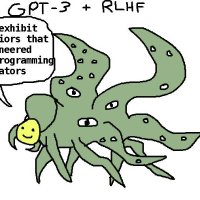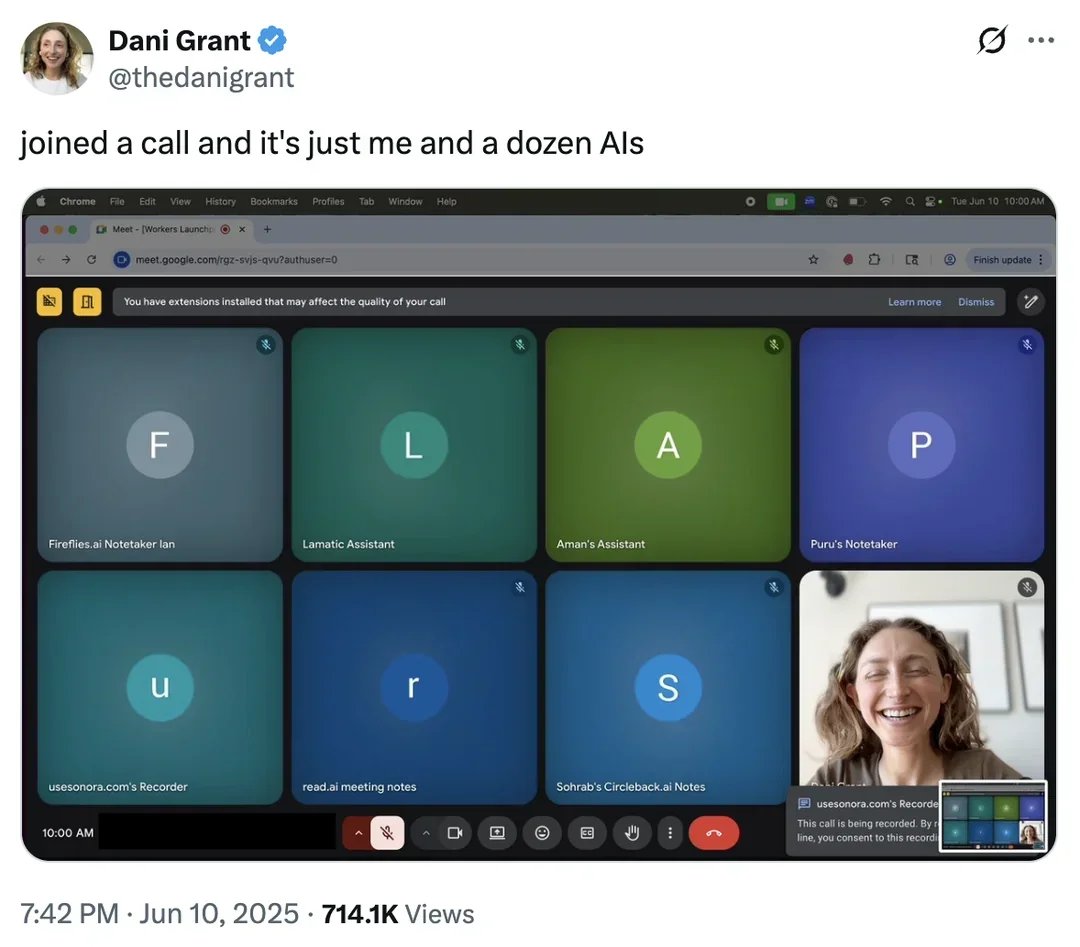
Samuel Salzer 🇺🇦
@samuelsalzer
Behavioral Designer, Author & Keynote Speaker. Applying behavioral science to solve important problems. Founder of HabitWeekly.com 📬
ID: 44932453
http://samuelsalzer.com 05-06-2009 16:36:31
2,2K Tweet
2,2K Takipçi
929 Takip Edilen





Humans and other animals minimize effort when possible, but effort paradoxically enhances the value of rewards and activities. Michael Inzlicht et al propose and explore three potential resolutions to this paradox: buff.ly/w21eT7S

















![Steve Stewart-Williams (@stevestuwill) on Twitter photo Physical fitness may not increase longevity after all. Not as much as we thought anyway.
[Link below.] Physical fitness may not increase longevity after all. Not as much as we thought anyway.
[Link below.]](https://pbs.twimg.com/media/GsTv6MWaMAIzKXQ.jpg)







